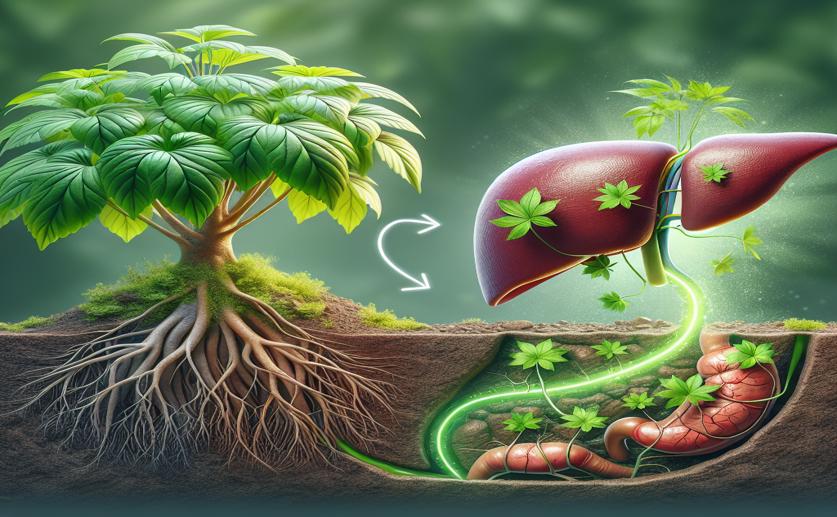
Ginseng Extract Helps Soothe Liver Damage From Fatty Liver Disease
Jim Crocker
24th January, 2024

Image Source: Natural Science News, 2024
References
Main Study
1) Panaxydol extracted from Panax ginseng inhibits NLRP3 inflammasome activation to ameliorate NASH-induced liver injury.
Published 22nd January, 2024
https://doi.org/10.1016/j.intimp.2024.111565



 16th January, 2024 | Jenn Hoskins
16th January, 2024 | Jenn Hoskins